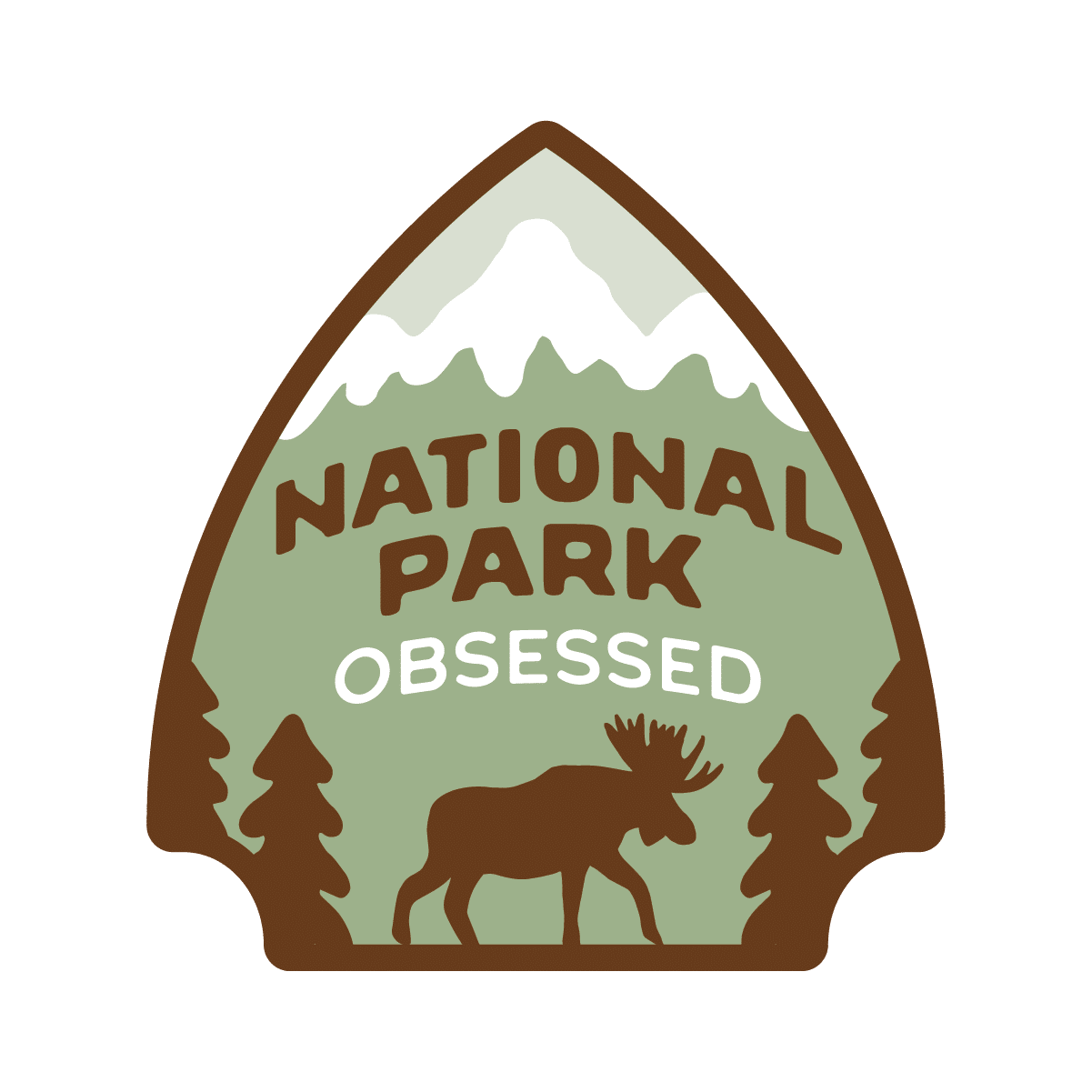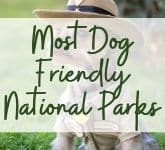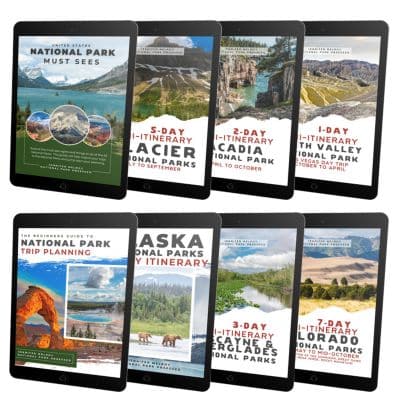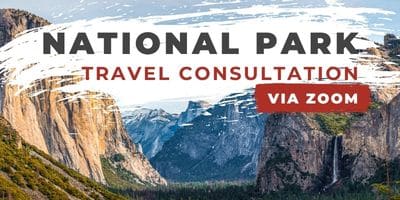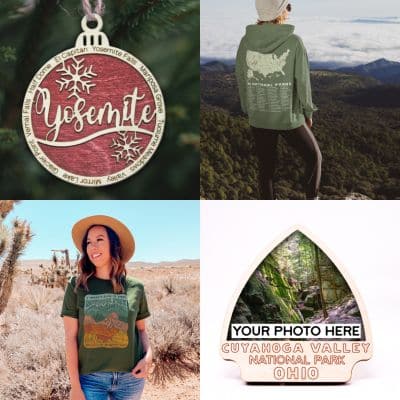Visiting Mammoth Cave National Park
- Jennifer Melroy
- Last Modified January 25, 2024
- First Published on October 31, 2020
Planning a trip to Mammoth Cave National Park and need some help planning your trip?
Here is the National Park Obsessed guide for visiting Mammoth Cave National Park, Kentucky.
- The Quick Guide to Visiting Denali National Park National Park and Preserve
- Map of Denali National Park and Preserve
- Acadia National Park Basics
- Land Acknowledgment
- When was Zion National Park Created?
- Fun Facts about Denali National Park and Preserve
- When to Visit Denali National Park and Preserve
- How to Get to Denali National Park and Preserve
- How Much Time Should I Spend Visiting Denali National Park?
- Things to do in Denali National Park
- Places to Stay Near Denali National Park
- Where to stamp your National Parks Passport Book?
- What to Pack for Denali National Park?
- Denali National Park Gift Ideas
- National Park Obsessed’s Detailed Guides to Denali National Park
- National Parks Near Denali National Park
- Pin for Later: Visiting Denali National Park National Park and Preserve: The Complete Guide
The Quick Guide to Visiting Mammoth Cave National Park
Mammoth Cave National Park Basics
Region: Southeast
Park Size: 52,830 acres (82.55 sq miles) (213.80 sq km)
Location: Edmonson, Hart, and Barren counties
Closest Cities: Brownsville, Kentucky
Busy Season: April to October
Visitation: 551,590 (in 2019)
How much does Mammoth Cave National Park Cost?
Mammoth Cave National Park does not charge an entrance fee but cave tours are available at an separate fee.
When is Mammoth Cave National Park Open?
Mammoth Cave National Park is open year-round.
Are dogs allowed in Mammoth Cave National Park?
Yes, Mammoth Cave is one of the most dog-friendly National Parks. Dogs are welcome on most of the park’s trails, but not allowed in the cave. Please review the Mammoth Cave Pet Policy before bringing your dog to Mammoth Cave.
Where are Mammoth Cave National Park’s visitor centers?
Mammoth Cave Visitor Center – Open Year Around
Land Acknowledgments for Mammoth Cave National Park
The National Park known as Mammoth Cave National Park sits on ᏣᎳᎫᏪᏘᏱ Tsalaguwetiyi (Cherokee, East), Shawandasse Tula (Shawanwaki/Shawnee), S’atsoyaha (Yuchi), Adena, ?????? ???? ???? ??^??^(Osage) land.
Thank you to the Native Land Digital for making the Indigenous territories accessible to all. They have mapped the known territories to the best of the current knowledge and is a work in progress. If you have additional information on the Indigenous nations boundaries, please let them know.
Native Land Digital is a registered Canadian not-for-profit organization with the goal to creates spaces where non-Indigenous people can be invited and challenged to learn more about the lands they inhabit, the history of those lands, and how to actively be part of a better future going forward together.
Where to stamp your National Parks Passport Book in Mammoth Cave National Park?
The National Park Passport Book is the BEST and cheapest National Park souvenir. Every National Park Obsessed person should have one of these books.
If you are new to the National Parks, you can learn more about the National Parks Passport program here or jump right in by ordering:
- The ever-popular Classic National Parks Passport
- Get 15% Off Your Next Order at the America’s National Parks Online Store with Code: NATIONALPARKOBSESSED at Checkout
- Or get the National Park Obsessed’s National Park Passport & Journal
IMPORTANT: Do NOT stamp your government-issued passport.
There are five official stamps for Mammoth Cave National Park. Here is the list of National Park Passport Stamps you can get in Mammoth Cave National Park:
- International Biosphere Reserve
- Mammoth Cave, KY
- NPS Centennial
- Passport 25th Anniversary
- UNESCO World Heritage Site
Bonus Stamps
- Image Of A Bat
- Junior Ranger
Mammoth Cave National Park Passport Stamp Locations
Here are all the locations to find the Mammoth Cave National Park Passport Stamps. Not every stamp is available at every location.
- Visitor Center
Other Articles featuring Acadia National Park
Jennifer Melroy
Hi, I'm Jennifer!
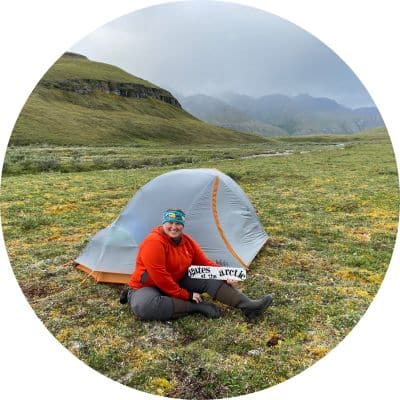
Welcome to the wonderful world of National Parks. I'm here to help you plan your NEXT amazing adventure through the United States National Parks and beyond. I want the national parks to be accessible to all.
I live in Tennessee, and when I'm home, you can find me hiking in the Smokies and the Cumberland Plateau.
58/63 National Parks
250+/423 National Park Units
Want to know more? Start Here.
Explore More
ACKNOWLEDGEMENT OF LAND
On this site, we promote travel to the United States and beyond that are the traditional lands of Indigenous and First Nations peoples.
With respect, I make a formal land acknowledgment, extending my appreciation and respect to these lands’ past and present people.
To learn more about the people who call these lands home, I invite you to explore Native Land.
DISCLAIMER
National Park Obsessed assumes no responsibility or liability for any errors or omissions in the content of this site (NationalParkObsessed.com). The information contained in this site is provided with no guarantees of completeness, accuracy, usefulness or timeliness. You are encouraged to conduct your own due diligence before acting on the information provided on this site and should not rely on the opinions expressed here.
There is an inherent risk in all outdoor recreation activities, the reader assumes all responsibility for their own personal safety.
DISCLOSURE
We are a participant in the Amazon Services LLC Associates Program, an affiliate program designed to provide a means for us to earn fees by linking to Amazon.com and affiliated sites.
Privacy Policy • About Us • Contact
Select stock photography provided depositphotos
Copyright ©2023 National Park Obsessed, LLC
Privacy Overview
Last Updated on 25 Jan 2024 by Jennifer Melroy
